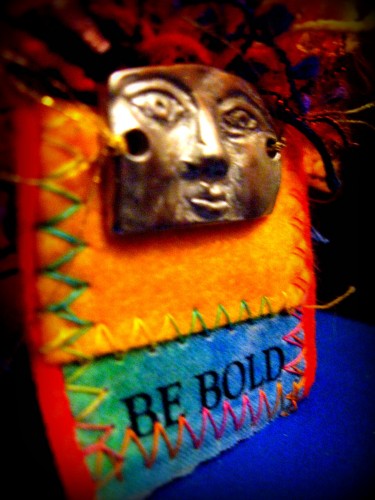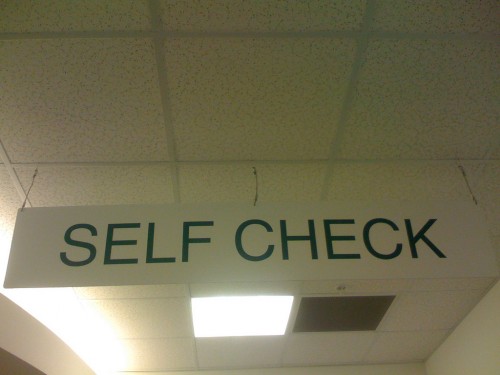

We’ve come to the end of our 7 part series on the Lord’s Prayer. Over the past few weeks we have seen how the liturgical invitation to this prayer “we are bold to say,”—one familiar to Christians all over the world—truly is a profound and radical confession of how we understand God and ourselves.
The relationship between these two—human self-awareness and confession of God—is one that has been recognized as the beating heart of Christian theology in the theologies of both Martin Luther and John Calvin (to name just a few). For the former, it was this relationship that constitutes the entirety of the subjectium theologiae—or subject of theology—namely, the relationship between the sinful human and the god who justifies. homo peccator et deus iustificans —the sinning human and the justifying God. In these verbal adjectives—justifying and sinful—is where we find the distinction between law and gospel woven into the very fabric of theological reflection on the nature of reality and therefore it is not without importance that Luther mentions the sinner first. These adjectives are not, argues Oswald Bayer, “accidental and incidental, but rather as essential and determinative of the essence of the matter. . . when considered strictly from a theological point of view, [the human] is essentially the one accused and acquitted by God.” For Calvin, at the very outset of his Institutes he asserts that theology is the relation of cognition Dei and cognition suiipsiuso: If you recognize God you will recognize yourself – as a sinner. Both of these conceptions of theology are inherent to the prayer we have been given and are bold to say, “Our Father. . . (who) forgives.”
 This recognition brings us to the end of or prayer at to the doxology that, despite its somewhat checkered pedigree, certainly functions as a fitting liturgical and confessional end to what we have been given to pray. Here, in the doxology, we have come to the ultimate confession of Faith, that His—Our Father God’s—is the kingdom, the power and the glory for ever and ever. Amen.
This recognition brings us to the end of or prayer at to the doxology that, despite its somewhat checkered pedigree, certainly functions as a fitting liturgical and confessional end to what we have been given to pray. Here, in the doxology, we have come to the ultimate confession of Faith, that His—Our Father God’s—is the kingdom, the power and the glory for ever and ever. Amen.
In this doxology, we are confessing our total and complete reliance on the God about whom we have been professing and to whom we have been petitioning not in hopes that we will coerce or wrangle a blessing out of Him, but in the sober confidence of the prophet Habbakuk:
Though the fig tree should not blossom, nor fruit be on the vines, the produce of the olive fail and the fields yield no food, the flock be cut off from the fold and there be no herd in the stalls, yet I will rejoice in the LORD; I will take joy in the God of my salvation. (Habakkuk 3:17-18 ESV)

Far from fatalistic determinism, this type of confidence is rooted in an encounter with God as he actually is, i.e., the Father of mercies, the one who despite “this present darkness,” has not left the building or the wheel or our lives. This is a hope that is not borne out of either theological reflection or introspection but, rather, out of the very mercies of God the Father, because praying the Lord’s prayer is one thing, believing it in the midst of life is quite another and only the incessant preaching and hearing of the Gospel will insure that those who have ears, will hear. (cf. Romans 10-:14) Fouccault was right, “God” does not exist anywhere other than as a projection of our own will to power; however, for those blind who have been given sight, their Father is in heaven. As the Psalmist writes in Psalm 116:
I love the LORD, because he has heard my voice and my pleas for mercy. Because he inclined his ear to me, therefore I will call on him as long as I live. (Psalm 116:1-2 ESV)
So all of us who have been given the confident boldness to pray so confess that we have been seen, heard and rescued. This is neither a self-evident truth nor a guaranteed certainty but, rather, a confession of faith in the veracity of the “faith once delivered to the saints.” It is in the sure and certain hope of this faith that we are bold to live, bold to die and until that day, bold to pray. . .
[youtube=http://www.youtube.com/watch?v=aEplqV0scyo&w=600]

COMMENTS
Leave a Reply












